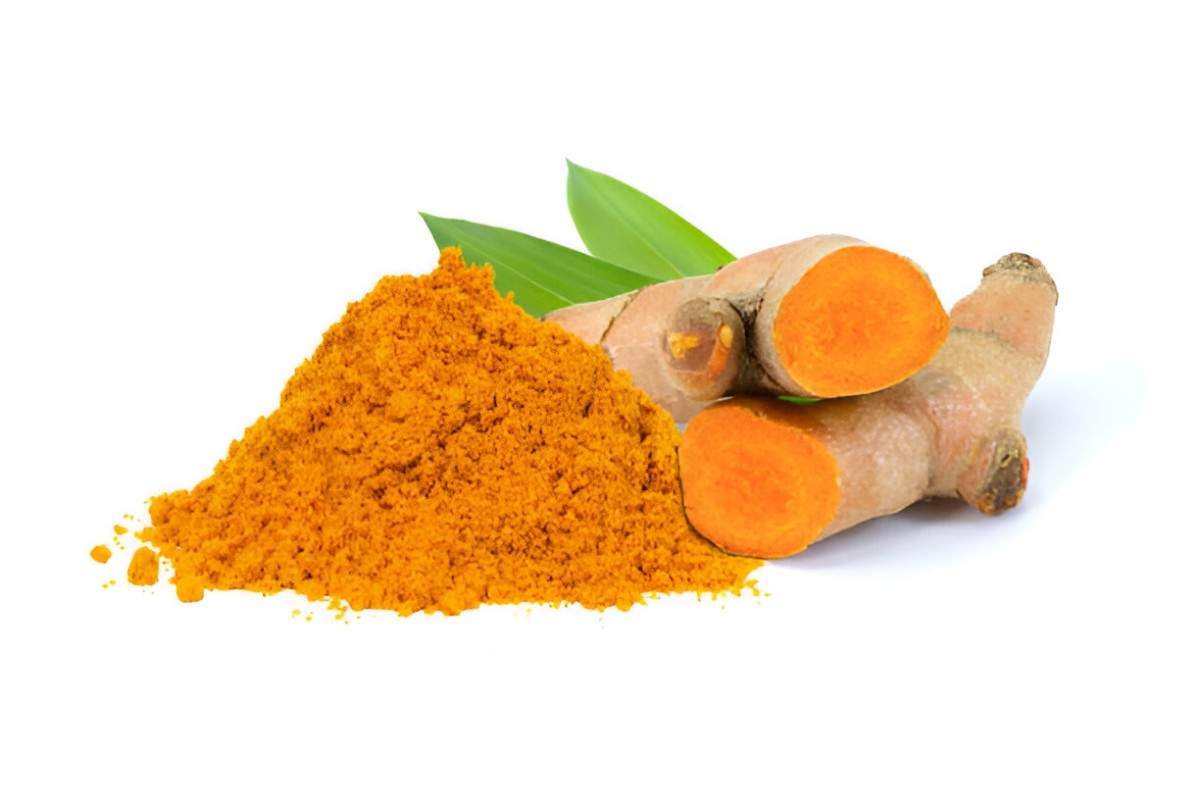Curcumin, the active compound found in turmeric, has gained widespread attention for its numerous health benefits and potential therapeutic properties. While curcumin is celebrated for its anti-inflammatory and antioxidant effects, it’s essential to be aware of its potential side effects and risks. In this article, we’ll delve into the nutritional values, key health benefits, potential disease management properties, cautions, incorporation into the diet, and other relevant information regarding curcumin.
Summary Table:
| Aspect | Information |
|---|---|
| Nutritional Values | Potent antioxidant and anti-inflammatory properties |
| Key Health Benefits | Anti-inflammatory effects, antioxidant protection, brain health, heart health |
| Disease Management | Arthritis, digestive disorders |
| Cautions | Gastrointestinal disturbances, blood thinning effects |
| Incorporation into Diet | Supplements, cooking, golden milk |
Nutritional Values:
Curcumin is a polyphenol compound derived from the turmeric root (Curcuma longa). While turmeric itself is not particularly nutrient-dense, curcumin is prized for its potent antioxidant and anti-inflammatory properties, which contribute to its health-promoting effects.
Key Health Benefits:
- Anti-Inflammatory Effects: Curcumin is renowned for its powerful anti-inflammatory properties, which may help alleviate symptoms of inflammatory conditions like arthritis, asthma, and inflammatory bowel disease (IBD).
- Antioxidant Protection: Curcumin acts as an antioxidant, neutralizing harmful free radicals and oxidative stress, which can contribute to aging, chronic disease, and cellular damage.
- Brain Health: Some studies suggest that curcumin may support brain health and cognitive function by promoting the production of brain-derived neurotrophic factor (BDNF), a protein involved in nerve cell growth and synaptic plasticity.
- Heart Health: Curcumin may benefit heart health by improving endothelial function, reducing inflammation, lowering cholesterol levels, and preventing the formation of blood clots.
Disease Management:
While curcumin is not a cure for specific diseases, it may offer supportive benefits for various health conditions:
- Arthritis: Curcumin’s anti-inflammatory properties may help reduce joint pain, stiffness, and swelling associated with arthritis, improving mobility and quality of life for individuals with osteoarthritis or rheumatoid arthritis.
- Digestive Disorders: Curcumin may alleviate symptoms of digestive disorders like irritable bowel syndrome (IBS) and inflammatory bowel disease (IBD) by reducing inflammation, soothing the digestive tract, and promoting gut health.
Cautions:
Despite its potential benefits, curcumin may cause side effects or interact with certain medications:
- Gastrointestinal Disturbances: Some individuals may experience digestive issues like nausea, diarrhea, or stomach upset when consuming high doses of curcumin, particularly on an empty stomach.
- Blood Thinning: Curcumin may have blood-thinning effects, which could increase the risk of bleeding, particularly in individuals taking blood-thinning medications like warfarin or aspirin. Consult with a healthcare professional before using curcumin if you are on medication or have a bleeding disorder.
Incorporating Curcumin into Your Diet:
Curcumin can be incorporated into your diet in various ways, including:
- Turmeric Supplements: Curcumin supplements are available in capsule or powder form and can be taken orally as directed by the manufacturer.
- Cooking: Use turmeric powder liberally in cooking to add flavor and color to dishes like curries, soups, stews, and rice dishes.
- Golden Milk: Prepare golden milk by heating milk (or a dairy-free alternative) with turmeric, ginger, cinnamon, and a sweetener of choice for a soothing and nourishing beverage.
While curcumin offers numerous potential health benefits, it’s essential to be mindful of its potential side effects and interactions, particularly if you have pre-existing health conditions or are taking medications. By incorporating curcumin into your diet mindfully and under the guidance of a healthcare professional, you can harness its therapeutic potential and support your overall well-being effectively.





